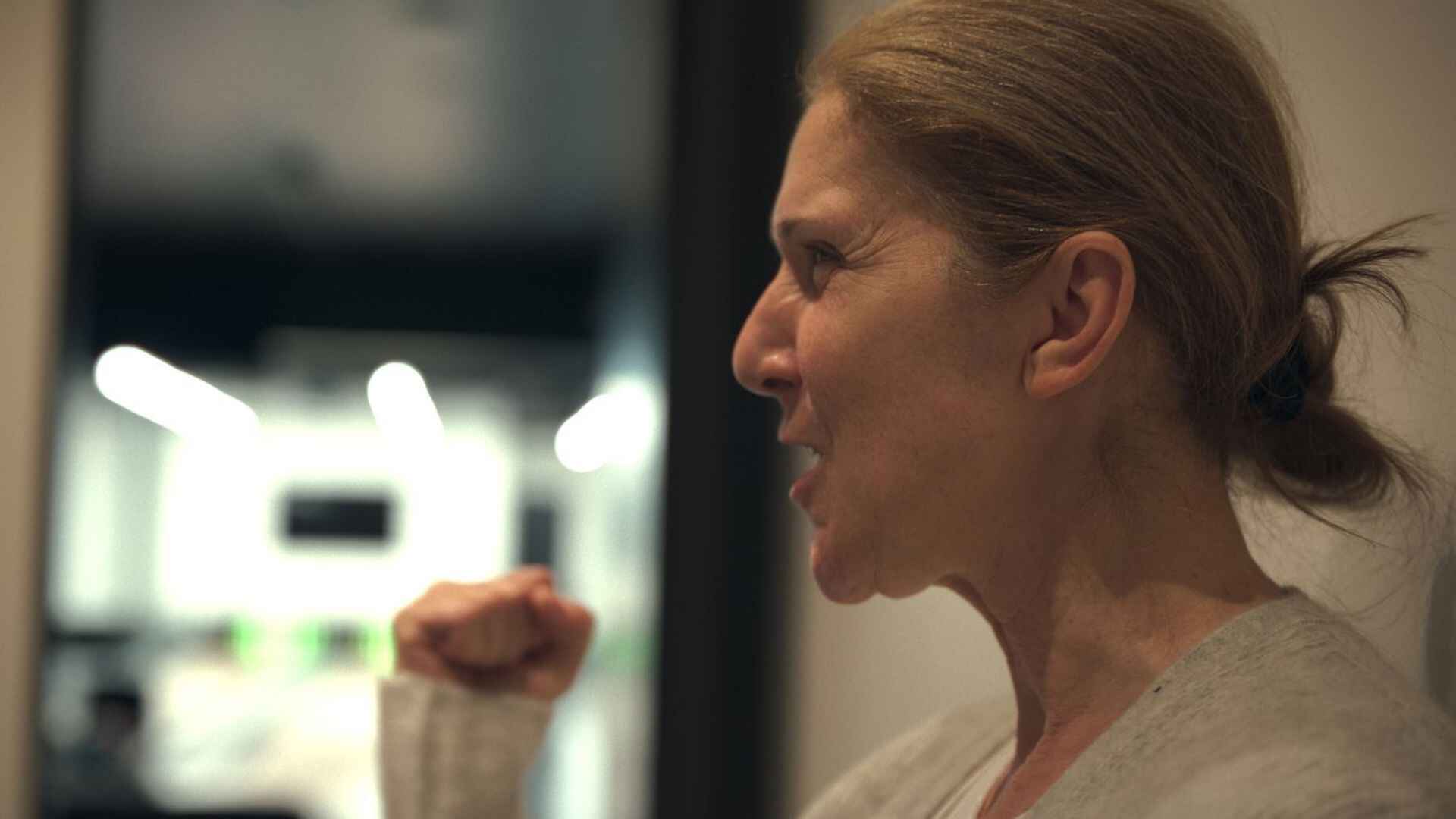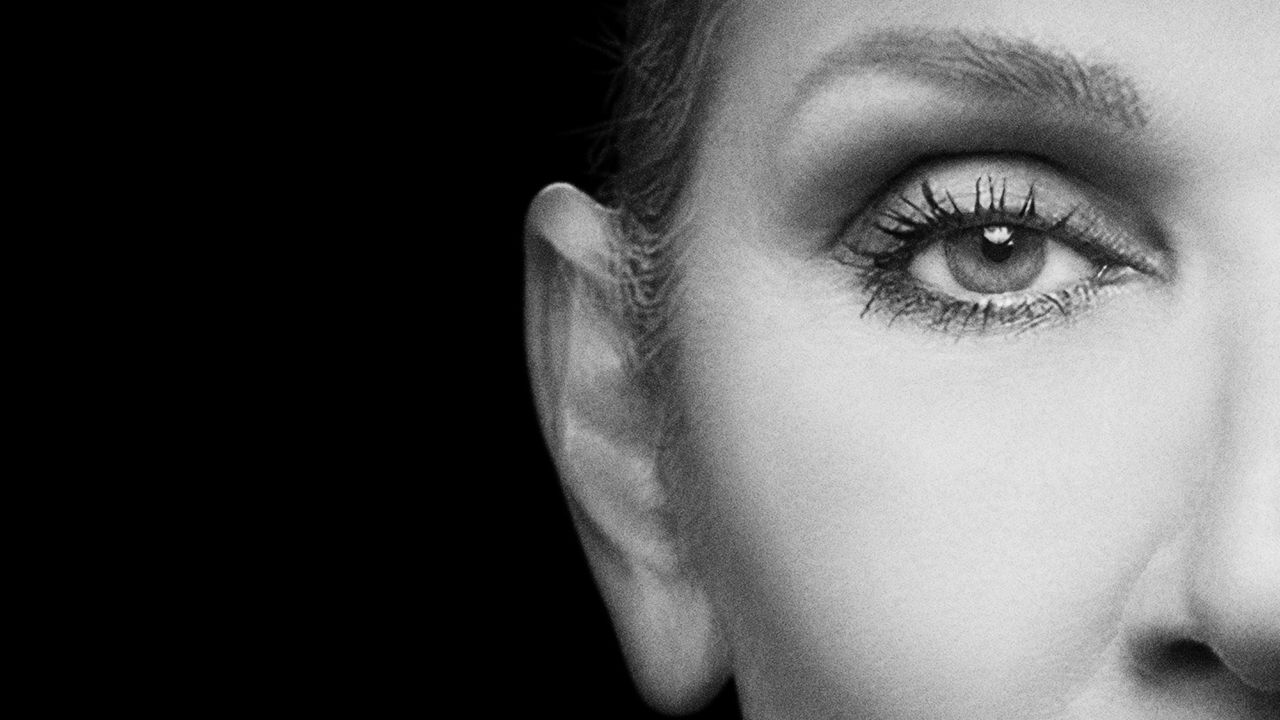Celine Dion’s Neurological Condition
Celine dion neurological condition – Celine Dion has been diagnosed with Stiff Person Syndrome (SPS), a rare neurological condition that affects the central nervous system. The condition causes stiffness and spasms in the muscles, making it difficult to walk, talk, and perform everyday activities.
SPS is a chronic condition that can be managed with medication and therapy, but there is no cure. The symptoms of SPS can vary from person to person, but they often include:
- Stiffness and spasms in the muscles
- Pain
- Difficulty walking, talking, and performing everyday activities
- Anxiety and depression
SPS can have a significant impact on a person’s personal and professional life. Celine Dion has had to postpone her tour dates and cancel several concerts due to her condition. She has also spoken about the challenges of living with SPS, including the pain and difficulty performing.
Diagnosis and Treatment

Celine Dion’s neurological condition was diagnosed through a comprehensive medical evaluation involving various diagnostic procedures. These included a thorough neurological examination, which assessed her motor skills, reflexes, and cognitive abilities. Advanced imaging techniques, such as magnetic resonance imaging (MRI) and computed tomography (CT) scans, were utilized to visualize her brain and spinal cord, helping to identify any structural abnormalities or lesions.
Diagnostic Tests
- Neurological Examination: A comprehensive physical examination that evaluates muscle strength, coordination, reflexes, and cognitive functions.
- MRI (Magnetic Resonance Imaging): A non-invasive imaging technique that uses magnetic fields and radio waves to create detailed cross-sectional images of the brain and spinal cord.
- CT (Computed Tomography) Scan: An X-ray-based imaging technique that provides detailed cross-sectional images of the brain and spinal cord.
Treatment Options
The treatment options for Celine Dion’s neurological condition depend on the specific diagnosis and the severity of her symptoms. Treatment may involve a combination of medications, physical therapy, and lifestyle modifications.
- Medications: Anticonvulsants, muscle relaxants, and pain relievers can be prescribed to manage symptoms such as seizures, muscle spasms, and pain.
- Physical Therapy: Exercises and physical therapy can help improve mobility, balance, and coordination.
- Lifestyle Modifications: Making changes to diet, exercise, and stress management can help improve overall health and well-being.
Prognosis and Expected Outcomes
The prognosis and expected outcomes for Celine Dion’s neurological condition vary depending on the underlying cause and the severity of her symptoms. With appropriate treatment and management, many individuals with neurological conditions can live full and active lives. Regular medical follow-ups and monitoring are essential to assess progress and adjust treatment plans as needed.
Impact on Performance and Career

Celine Dion’s neurological condition has significantly impacted her singing abilities and overall performance. The condition affects her vocal cords and muscles, causing difficulties with vocal control, range, and projection. As a result, she has had to adapt her singing style and limit the length and intensity of her performances.
Touring Schedule and Live Performances, Celine dion neurological condition
The condition has forced Dion to cancel or postpone numerous concerts and tours. In 2022, she canceled the North American leg of her “Courage World Tour” due to severe and persistent muscle spasms. She has also had to reduce the duration of her live performances, often opting for shorter sets and taking breaks throughout the show.
Adaptations and Modifications
To accommodate her condition, Dion has made several adjustments to her performances. She now uses vocal warm-ups and exercises to strengthen her vocal cords and improve her control. She has also incorporated backing vocals and other supporting singers to assist with the heavier vocal sections. Additionally, she has modified her stage setup to include ramps and elevators, allowing her to conserve energy and avoid unnecessary strain on her muscles.
Public Response and Support
The public’s response to Celine Dion’s neurological condition has been overwhelmingly supportive and compassionate. Fans have expressed their love and admiration for her resilience and courage, and have offered words of encouragement and well wishes.
The music industry has also rallied around Celine Dion, with fellow musicians and industry professionals expressing their support and offering their assistance. Many have shared their own experiences with neurological conditions, and have spoken out about the importance of raising awareness and supporting those who are affected.
Support Systems
Celine Dion has a strong support system in place to help her through this challenging time. Her family and friends have been a constant source of love and encouragement, and she has also received support from her medical team, her management, and her fans.
- Family and Friends: Celine Dion’s family and friends have been a constant source of love and support during her illness. They have been by her side throughout her diagnosis and treatment, and have helped her to stay positive and focused on her recovery.
- Medical Team: Celine Dion’s medical team has been working tirelessly to help her manage her condition. They have provided her with the best possible care, and have been instrumental in her progress.
- Management: Celine Dion’s management team has been working hard to ensure that she has everything she needs to focus on her recovery. They have been handling her business affairs, and have been working to protect her privacy.
- Fans: Celine Dion’s fans have been a source of strength and inspiration for her during her illness. They have sent her messages of love and support, and have helped to raise awareness of her condition.
Medical Research and Advancements: Celine Dion Neurological Condition
Significant research efforts are underway to understand and manage Celine Dion’s neurological condition. Scientists are actively investigating the underlying causes, potential treatments, and long-term implications of the condition.
Ongoing clinical trials are exploring various experimental therapies, including targeted drug therapies, gene therapy, and neuromodulation techniques. These trials aim to evaluate the safety and efficacy of these treatments in improving symptoms and potentially slowing the progression of the condition.
Current Understanding and Future Advancements
- Researchers are studying the genetic basis of the condition, searching for specific mutations or genetic variants that may contribute to its development.
- Advanced imaging techniques, such as magnetic resonance imaging (MRI) and positron emission tomography (PET), are being used to gain a better understanding of the neurological changes associated with the condition.
- Collaboration between researchers, clinicians, and patient advocacy groups is essential for accelerating progress in understanding and managing the condition.
- Future advancements may include the development of personalized treatment plans based on individual genetic profiles, the discovery of novel therapeutic targets, and the optimization of rehabilitation strategies.
Similar Cases and Comparisons

Celine Dion’s neurological condition is not an isolated case. Several other celebrities and individuals have faced similar challenges, each with their unique experiences and outcomes.
One notable comparison is Michael J. Fox, who was diagnosed with Parkinson’s disease in 1991. Like Dion, Fox’s condition initially affected his motor skills and balance. However, through a combination of medication, therapy, and lifestyle adjustments, Fox has managed to continue his acting career and become an advocate for Parkinson’s research.
Another example is singer Ozzy Osbourne, who was diagnosed with Parkinson’s disease in 2019. Osbourne’s condition has progressed more rapidly than Dion’s, and he has been forced to cancel several tour dates and retire from live performances.
These comparisons highlight the variability in the progression and severity of neurological conditions. While some individuals may experience a gradual onset and manageable symptoms, others may face more severe and debilitating effects.